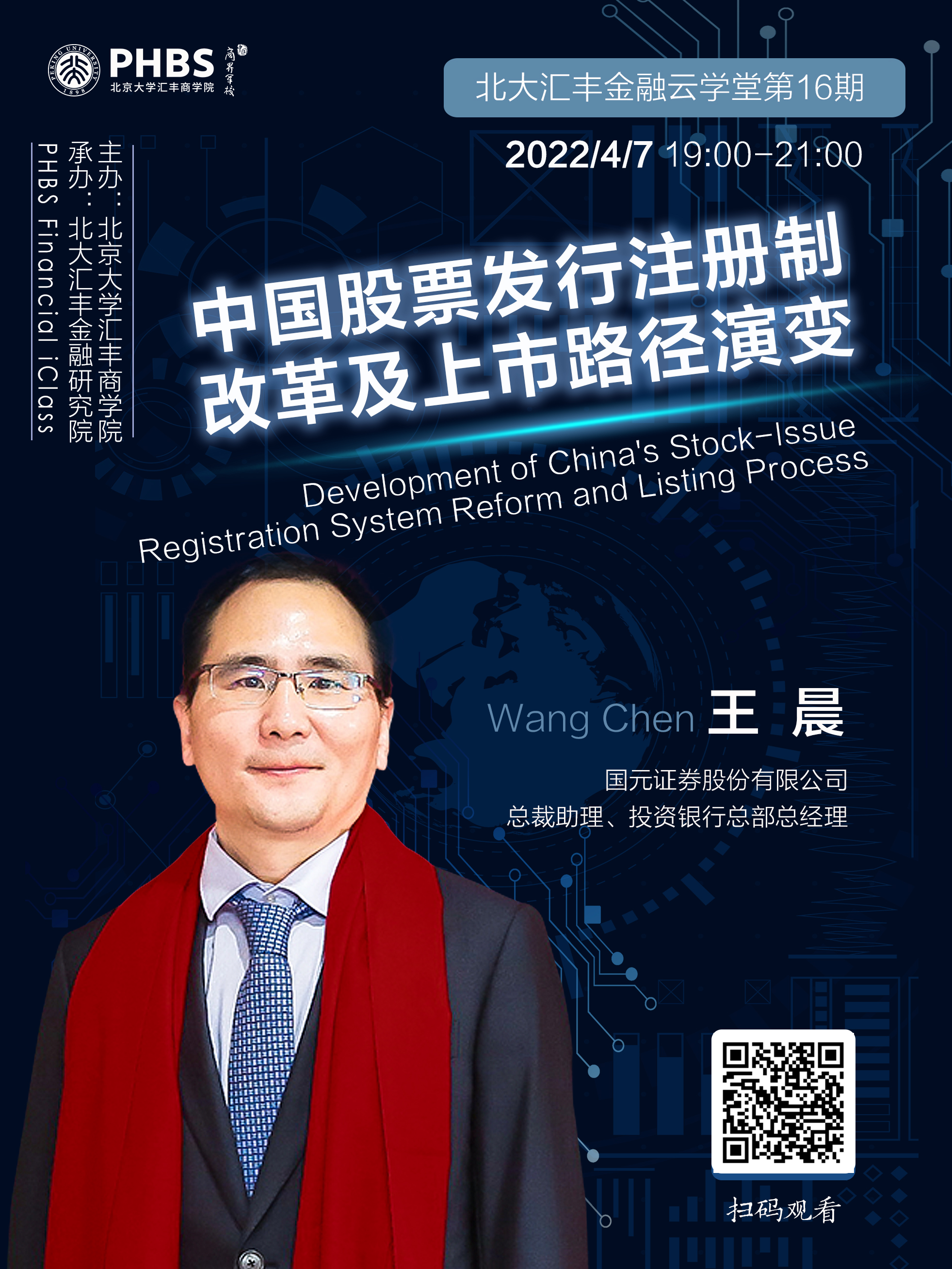PHBS Seminar Series: China's Evolving Monetary Policy Rule: from Inflation-Accommodating to Anti-inflation Policy
2018-06-15 08:14:25

Speaker: Eric Girardin
Date: Thursday, June 14, 2018
Time: 2:00pm-3:30pm
Venue: Room 333, HSBC Business School Building
Introduction
Eric Girardin is Professor of Economics at Aix-Marseille University’s School of Economics (France). His research, focused on macroeconomic, monetary and financial issues in China and East Asia, was published in journals such as Journal of Development Economics, China Economic Review, Economic Modelling, Empirical Economics, Energy Journal, Journal of International Money and Finance, and Oxford Bulletin of Economics and Statistics. He was one of the longest-serving members of ADBI’s Advisory Council (2004-2012) and has held visiting positions at BIS (Asia-Pacific), HKIMR, BOFIT, CASS (Beijing), PBoC Graduate School (Beijing), and Fudan university (Shanghai).
Abstract:
This paper aims to enhance the understanding of China's monetary policy rule since the mid-1990s, focusing on the role of inflation. It investigates the rule followed by the People's Bank of China (PBoC) by considering both the structural economic transformation of China and its evolving monetary policy framework.
Our newly constructed monthly composite discrete monetary policy index (MPI), which combines price, quantity and administrative instruments, shows a change in style towards smoother but more contractionary policy moves from 2002 onwards. The estimation of a dynamic discrete-choice model à la Monokroussos (2011) implies that, from this point onwards, the conduct of monetary policy has been characterised by implicit inflation targeting. While the PBoC's behaviour up to 2001 was reminiscent of that in the inflation-accommodating G3 economies of the United States, euro area and Japan up to 1979, it has been characterized since 2002 by a policy rule similar to the post-1979 anti-inflation (forward-looking) policy of the G3. An accurate estimation of the monetary policy rule from 2002 needs to consider China as an open economy, as a result of its rapid liberalisation of trade and finance after its WTO accession. As such, the influence of US interest rates has become increasingly significant for Chinese monetary policy.









